The Problem: Your Skin is Aging Faster Than You Are
You’ve started to notice them. Those fine lines around your eyes that weren’t there last year. The way your skin looks a little duller, a little less elastic than it used to. Perhaps you’ve caught yourself staring in the mirror, wondering when exactly your skin started showing these telltale signs of aging.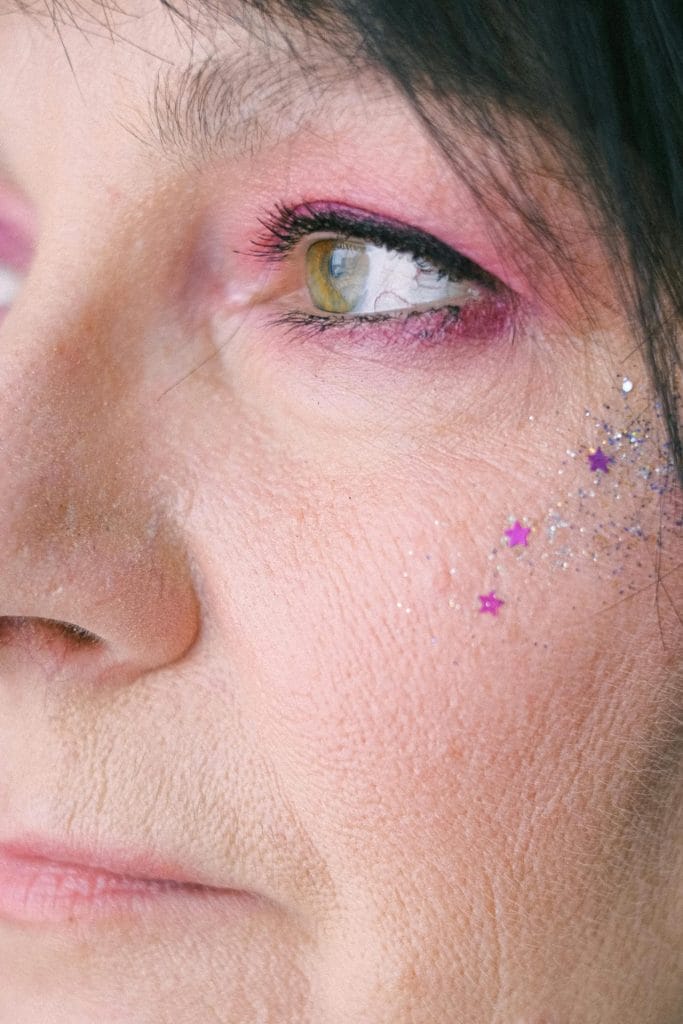
You’re not alone in this battle against time.
Every day, your skin faces an invisible assault from environmental stressors, UV radiation, pollution, and the natural aging process itself. What’s happening beneath the surface is even more concerning: collagen production slows down as you age, leading to accelerated signs of aging like wrinkles and loss of skin elasticity [1]. The aging process affects skin in the same pattern it affects all internal organs, with intrinsic aging representing chronological aging, while extrinsic aging results from external factors like chronic sun exposure and UV irradiation [7].
The statistics are sobering. The U.S. anti-aging supplements market was valued at USD 1.39 billion in 2024 and is projected to grow at a 7.2% CAGR from 2025-2030, reflecting just how desperately people are seeking solutions to combat visible aging [2].
But here’s what might shock you: most people are fighting this battle with the wrong weapons.
The Agitation: Why Your Current Anti-Aging Routine Isn’t Working
The Expensive Cream Trap
You’ve probably spent hundreds, maybe thousands of dollars on anti-aging creams, serums, and treatments. Yet, despite the flashy marketing promises and premium price tags, the results have been… disappointing.
Despite advertising claims, almost all available topical formulations contain very low concentrations of antioxidants that are not well absorbed by the skin [5]. This means that expensive face cream you bought last month? It’s likely only providing surface-level benefits while the real aging process continues unchecked from within.
The Cellular Aging Crisis
While you’re focusing on what you can see in the mirror, a more serious battle is raging at the cellular level. With every birthday, your cells also age. The older your cells get, the more they’re at risk for becoming damaged. Your telomeres shorten, you accumulate zombie cells which increase chronic inflammation tied to age-related diseases [3].
Free oxygen radicals play an important pathogenic role in various skin disorders, causing short- and long-term adverse effects such as erythema, edema, skin thickening, wrinkling, and increased incidence of skin cancer [13].
The Nutritional Gap Reality
Even if you think you’re eating a healthy diet, chances are you’re not getting the specific nutrients your skin needs to combat aging effectively. The current American diet has changed over time to be high in saturated fat and low in omega-3 fatty acids, with fast food containing high amounts of saturated fat and small amounts of essential omega-3 fatty acids [6].
Even minimal UV exposure can decrease vitamin C levels in the skin by 30 percent, while exposure from city pollution can decrease the level by 55 percent [1]. This means that even if you’re consuming adequate amounts of certain vitamins, environmental factors are rapidly depleting them from your skin.
The Time Factor
Perhaps most frustrating of all is that while you’ve been experimenting with different topical solutions, time hasn’t stopped. Every day of delay means more collagen breakdown, more free radical damage, and more visible signs of aging setting in.
The harsh truth? Surface treatments alone cannot address the root causes of skin aging that begin deep within your cells.
Powerful antioxidant, overall health, heart health, dietary supplement
A powerful antioxidant is essential for overall health, heart health, and brain health, making it a vital dietary supplement for those looking to slow the effects of aging and promote healthy aging [4]. Anti-aging supplements, anti-aging vitamins, and the best anti-aging supplements often include essential vitamins like vitamins C and E, vitamin K, and B vitamins, which provide anti-aging benefits and anti-aging properties [1]. Collagen supplement products, hyaluronic acid, and coenzyme Q10 are known for improving skin health, maintaining healthy skin, and providing a natural way to support healthy aging [3]. Omega-3 fatty acids contribute to cardiovascular health, eye health, and cellular health, while reducing oxidative damage and supporting bone health [6]. According to the National Institutes of Health and Food and Drug Administration, taking a supplement with these nutrients can help reduce the risk of health condition concerns linked to aging and disease [8].
Glowing skin, healthy skin, smooth skin, anti-aging effects, production of collagen
For glowing skin, smooth skin, and healthy skin, anti-aging effects can be achieved by targeting skin aging, premature aging, and oxidative damage through certain supplements and food supplements [1]. Hyaluronic acid and vitamin C-rich foods like citrus fruits, along with vitamins E and C, help make your skin look youthful and improve skin elasticity while reducing wrinkles and skin inflammation [7]. Supplement improves skin appearance and protects human skin from UV damage, which can slow down aging, reduce the risk of skin cancer, and repair skin damage [11]. Anti-aging properties also help maintain the production of collagen, improve skin elasticity, and support the natural aging process while protecting against the effects of aging skin [3].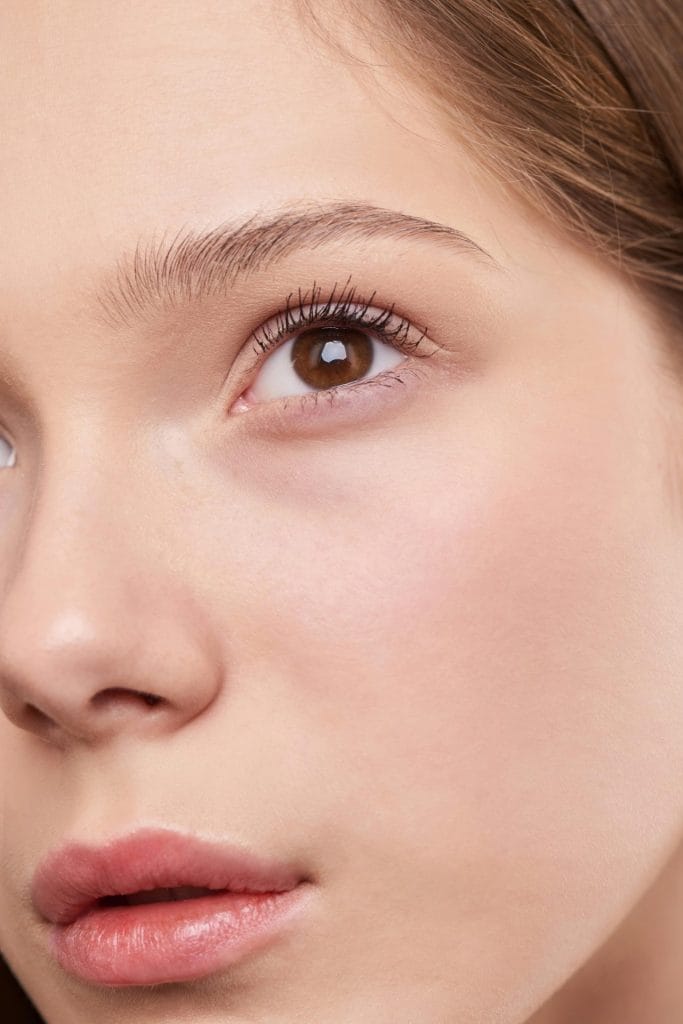
Maintaining skin from UV damage while managing skin appearance is key to slowing the effects of aging and promoting a healthier, more youthful look over time.
The Solution: Science-Backed Anti-Aging Vitamins That Actually Work
The good news is that cutting-edge research has identified specific vitamins and supplements that can genuinely slow down and even reverse visible signs of aging by working from the inside out [1]. These aren’t magic pills or marketing gimmicks – they’re scientifically validated nutrients that address the root causes of cellular aging.
The Foundation: Understanding How Anti-Aging Vitamins Work
Anti-aging supplements for the skin are effective because they target the key biological processes responsible for aging, neutralizing free radicals in the body, stimulating collagen production, reducing inflammation, and supporting cellular energy [3].
Unlike topical treatments that only address surface issues, anti-aging vitamins work systemically to:
- Combat oxidative stress at the cellular level
- Boost collagen production naturally
- Reduce chronic inflammation that accelerates aging
- Support cellular repair mechanisms
- Protect against environmental damage
Glam Dust
Radiant Skin – Luscious Hair – Pristine Nails
Vitamin Shots
The Ultimate Brain And Body Supplement
Vitamin Sprinkles
Fuel Your Brain – Nourish Your Body – With One Delicious Sprinkle
The Essential Anti-Aging Vitamin Arsenal
1. Vitamin C: The Collagen Powerhouse
Why It’s Essential: Vitamin C helps your body produce collagen, the protein that provides structure, support and strength to your skin. Your body naturally produces less collagen as you age, which contributes to crepey, saggy and wrinkled skin [1].
The Science: In a study involving 80 adults with an average age of 60, those with higher blood levels of vitamin C performed better on tasks involving attention, focus, memory, decision-making, recall, and recognition. Supplementing may improve skin hydration, stimulate collagen production, and safeguard against wrinkle development and premature aging due to sun exposure [1].

Key Benefits:
- Stimulates natural collagen synthesis
- Provides antioxidant protection against UV radiation
- Improves skin hydration and brightness
- Reduces appearance of fine lines and wrinkles
Recommended Dosage: 1000-2000mg daily, preferably in divided doses
2. Vitamin E: The Ultimate Skin Protector
Why It’s Crucial: Experts consider vitamin E to be the most important antioxidant because it protects cell membranes and prevents damages to enzymes associated with them [11].
The Research: Supplementation with vitamin E in 400 milligrams a day has been noted to reduce photodamage, wrinkles and improve skin texture. Topical application of vitamin E has been shown to decrease sunburned cells, decrease DNA damage, inhibit erythema, and decrease skin pigmentation after UV exposure [13,15].
Powerful Benefits:
- Protects against UV-induced skin damage
- Reduces inflammation and oxidative stress
- Improves skin texture and elasticity
- Prevents premature aging from environmental stressors
Optimal Dosage: 400 IU daily
3. Niacinamide (Vitamin B3): The Multi-Tasking Marvel
The Game-Changer: In multiple chronic clinical studies, topical niacinamide has been observed to provide a broad array of improvements in the appearance of aging facial skin, including reduction in the appearance of hyperpigmented spots and red blotchiness [7].
Clinical Evidence: A 12-week clinical study of a topical 5% niacinamide emulsion demonstrated a 21% improvement in fine lines along with a 14% skin tone clarity and 15% radiance improvement [7].
Comprehensive Benefits:
- Reduces fine lines and wrinkles
- Evens out skin tone and reduces hyperpigmentation
- Minimizes appearance of enlarged pores
- Strengthens skin barrier function
- Reduces inflammation
Recommended Amount: 500-1000mg daily (oral) or 5-10% concentration (topical)
4. Omega-3 Fatty Acids (EPA & DHA): The Inflammation Fighters
Why They’re Essential: DHA is a structural component of your skin responsible for the health of cell membranes. EPA prevents hyperkeratinization of hair follicles and may help protect your skin against sun damage [6].
Scientific Support: Results of several placebo-controlled trials indicate that oral supplementation with fish oil increases the Minimal Erythemal Dose in healthy individuals, meaning higher resistance to sunburn. In one small study, participants who consumed 4 grams of EPA for 3 months increased their resistance to sunburns by 136% [6].
Anti-Aging Power:
- Reduces chronic inflammation
- Protects against UV damage
- Maintains skin hydration and suppleness
- Supports cellular membrane health
- Prevents premature skin aging
Optimal Dosage: 2-3 grams combined EPA/DHA daily
5. Vitamin D: The Sunshine Vitamin for Skin Health
Critical Role: Vitamin D’s antioxidant qualities help fight inflammation and free radical damage. The vitamin also plays a role in preventing DNA damage and supporting healthy skin cell turnover [8].
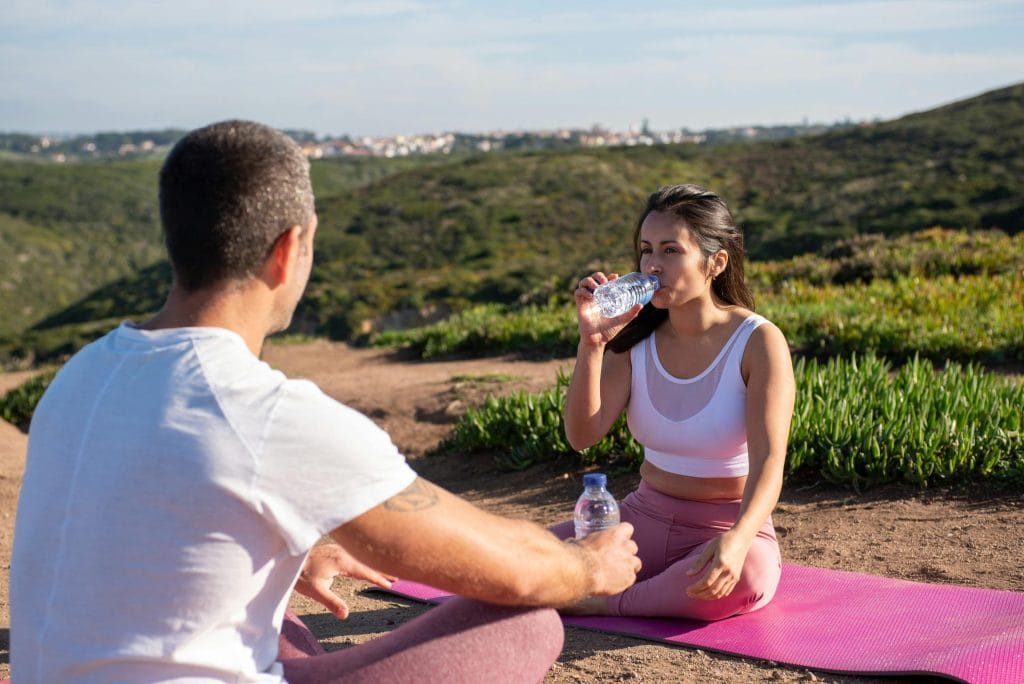
Important Finding: One study found that when a vitamin D deficiency occurs, skin burns faster when exposed to the sun, and sun exposure is one of the biggest external contributors to premature skin aging [8].
Key Benefits:
- Protects against DNA damage
- Supports healthy cell turnover
- Reduces inflammation
- Enhances natural sun protection
Recommended Level: 2000-4000 IU daily (after testing blood levels)
6. Collagen Peptides: Direct Skin Structure Support
The Science: A 12-week study of 72 women demonstrated that taking a supplement that contained 2.5 grams of collagen per day significantly improved skin hydration, roughness, and elasticity [3].
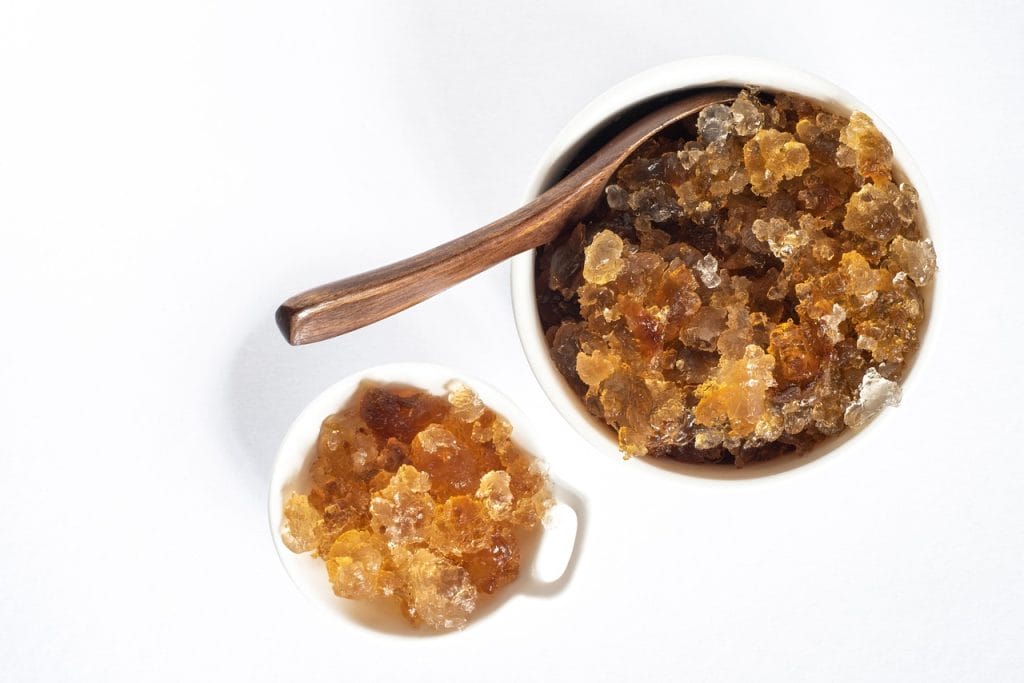
How It Works: Collagen supplements reduce symptoms and improve skin health and appearance by directly providing the building blocks for skin structure [3].
Benefits:
- Directly supports skin structure
- Improves skin hydration and elasticity
- Reduces appearance of fine lines
- Enhances skin thickness and density
Effective Dose: 2.5-10 grams daily
7. Coenzyme Q10: The Cellular Energy Booster
Why It Matters: CoQ10 is an antioxidant that your body produces naturally, playing an essential role in energy production and protecting against cellular damage. Research suggests that levels of CoQ10 decline as you age [4].
Clinical Benefits:
- Boosts cellular energy production
- Reduces oxidative stress
- Improves skin texture
- Supports cardiovascular health
Recommended Dosage: 100-200mg daily
Glam Dust
Radiant Skin – Luscious Hair – Pristine Nails
Vitamin Shots
The Ultimate Brain And Body Supplement
Vitamin Sprinkles
Fuel Your Brain – Nourish Your Body – With One Delicious Sprinkle
Creating Your Personalized Anti-Aging ProtocolThe Synergistic Approach
The most effective anti-aging strategy combines multiple vitamins that work synergistically. Hyaluronic acid, retinol and ceramides all synergize with niacinamide, as they all enhance hydration, improve tone and texture and support the skin barrier [7].
Your Daily Anti-Aging Vitamin Routine
Morning Protocol:
- Vitamin C: 1000mg
- Vitamin E: 400 IU
- Omega-3 (EPA/DHA): 1000mg
- CoQ10: 100mg
Evening Protocol:
- Niacinamide: 500mg
- Vitamin D3: 2000 IU
- Omega-3 (EPA/DHA): 1000mg
- Collagen Peptides: 5g
Timing and Absorption Tips
- Take fat-soluble vitamins (A, D, E, K) with meals containing healthy fats
- Vitamin C is best taken between meals on an empty stomach
- Omega-3s are most effective when taken with food
- Collagen peptides can be mixed into morning coffee or smoothies
What to Expect: Your Timeline to Younger-Looking SkinWeek 1-2: Foundation Building
- Improved hydration levels
- Reduced inflammation
- Better overall skin comfort

Week 3-4: Initial Improvements
- Increased skin radiance
- Improved texture
- Enhanced natural glow
Month 2-3: Visible Changes
Joint and inflammation benefits show noticeable improvement in 6-12 weeks, while cognitive and skin health long-term benefits often take 3-6 months [4]
- Reduction in fine lines
- Improved skin elasticity
- More even skin tone
Month 4-6: Transformation
- Significant improvement in skin firmness
- Reduced appearance of age spots
- Overall more youthful appearance
Safety and Quality ConsiderationsChoosing High-Quality Supplements
Not all supplements are created equal. Look for:
- Third-party tested products
- GMP-certified facilities
- Bioavailable forms (e.g., vitamin C as ascorbic acid, vitamin E as d-alpha-tocopherol)
- Proper dosages based on clinical research
Potential Interactions and Precautions
- Vitamin E may increase bleeding risk if you’re on blood thinners [12]
- High-dose vitamin C can cause digestive upset in some people [9]
- Omega-3s may interact with blood-thinning medications [6]
- Always consult with healthcare providers before starting new supplements
Maximizing Results: The Holistic ApproachSupporting Lifestyle Factors
The best prevention strategy against harmful free radicals is a well-regulated lifestyle with low stress conditions and a balanced nutritional diet, including antioxidative rich food [10].
Dietary Support: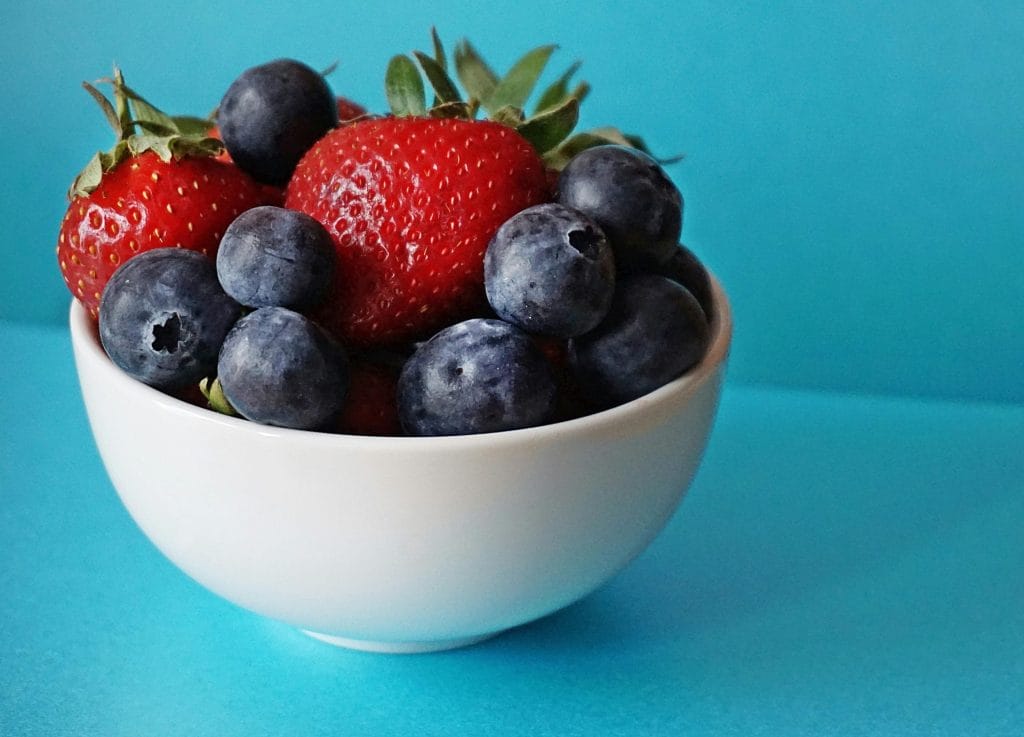
- Berries high in antioxidants effectively reduce oxidative stress and inflammation [10]
- Leafy greens packed with vitamins A, C, and K support healthy skin, bones, and immune function [10]
- Avocados rich in monounsaturated fats keep skin hydrated and supple [10]

Essential Habits:
- Sun protection: Use SPF 30+ daily
- Adequate sleep: 7-9 hours for cellular repair
- Stress management: Chronic stress accelerates aging
- Regular exercise: Improves circulation and nutrient delivery
The Compound Effect
The real magic happens when you combine targeted supplementation with healthy lifestyle choices. This creates a compound effect where each element amplifies the benefits of the others, leading to dramatic improvements in skin health and appearance.
Glam Dust
Radiant Skin – Luscious Hair – Pristine Nails
Vitamin Shots
The Ultimate Brain And Body Supplement
Vitamin Sprinkles
Fuel Your Brain – Nourish Your Body – With One Delicious Sprinkle
Conclusion
Your journey to youthful, radiant skin doesn’t have to be a constant struggle against time and expensive treatments that promise more than they deliver. By understanding the science behind cellular aging and implementing a targeted vitamin and supplement strategy, you can effectively combat the root causes of skin aging from within.
The key vitamins we’ve explored – Vitamin C, Vitamin E, Niacinamide, Omega-3 fatty acids, Vitamin D, Collagen peptides, and CoQ10 – each play crucial roles in maintaining healthy, youthful skin [1,3,4]. When combined in a strategic protocol, they create a powerful defense system against aging while actively promoting skin repair and regeneration.
Remember, consistency is everything. These scientifically supported supplements can be a powerful tool in promoting long-term health and vitality when chosen based on scientific evidence [4]. The visible improvements you’ll see in 3-6 months are just the beginning – you’re investing in your skin’s long-term health and appearance.
The choice is yours: continue struggling with expensive topical treatments that only address surface issues, or take a science-based approach that targets aging at its source. Your future self will thank you for making the decision to start today.
Frequently Asked Questions (FAQ)
Q: How long does it take to see results from anti-aging supplements?
A: Most people begin to notice improvements in skin hydration and radiance within 2-4 weeks. Significant changes in fine lines, elasticity, and overall skin texture typically become visible after 2-3 months of consistent use [4]. The most dramatic transformations occur after 4-6 months.
Q: Can I take all these vitamins together safely?
A: Generally, yes, when taken at appropriate dosages. However, some combinations require timing considerations. For example, vitamin C and niacinamide may reduce each other’s effectiveness when applied simultaneously, so space them apart by a few minutes [7]. Always consult with a healthcare provider before starting any new supplement regimen.
Q: Are these supplements better than topical anti-aging products?
A: Supplements and topical products work differently and can be complementary [5]. Supplements address aging at the cellular level throughout your entire body, while topical products provide direct surface benefits. The most effective approach often combines both strategies.
Q: What’s the difference between synthetic and natural vitamins for anti-aging?
A: Natural vitamins are generally better absorbed and utilized by the body [11]. For example, natural vitamin E (d-alpha-tocopherol) is more effective than synthetic vitamin E (dl-alpha-tocopherol). Look for supplements that specify natural sources when possible.
Q: Can these supplements replace a healthy diet?
A: No, supplements should complement, not replace, a healthy diet rich in antioxidants and nutrients [10]. Whole foods provide additional beneficial compounds that work synergistically with vitamins. Think of supplements as insurance to fill nutritional gaps.
Q: Are there any side effects I should watch for?
A: Most people tolerate these supplements well when taken at recommended doses. Potential side effects may include digestive upset with high-dose vitamin C, increased bleeding risk with vitamin E and omega-3s, or skin flushing with niacin (not niacinamide) [9,12]. Start with lower doses and gradually increase as tolerated.
Q: Do I need to take these supplements forever?
A: For optimal anti-aging benefits, yes. Aging is an ongoing process, and these supplements work by continuously supporting your body’s natural repair and protection mechanisms [3]. Think of them as a long-term investment in your health and appearance.
Q: How do I know if the supplements are working?
A: Track changes in skin hydration, elasticity, fine lines, and overall radiance. Taking photos in consistent lighting every 4 weeks can help you objectively assess improvements [1]. Many people also notice improved energy levels and overall well-being.
Q: Can men benefit from these anti-aging supplements too?
A: Absolutely! Skin aging affects everyone regardless of gender [8]. Men may particularly benefit from omega-3s and vitamin E, which can help with razor burn and environmental damage from outdoor activities.
Q: What’s the most important supplement to start with if I can only choose one?
A: If you can only start with one supplement, vitamin C is an excellent choice due to its multiple benefits: collagen synthesis, antioxidant protection, and broad anti-aging effects [1]. However, the synergistic approach with multiple supplements provides optimal results.
Q: Should I adjust dosages based on my age?
A: Generally, older individuals may benefit from slightly higher doses due to decreased absorption and increased oxidative stress [8]. However, always start with standard recommended doses and consult with a healthcare provider for personalized recommendations based on your specific needs and health status.
Q: Can these supplements help with existing wrinkles or only prevent new ones?
A: These supplements can help with both prevention and improvement of existing signs of aging [3]. Collagen peptides and vitamin C can help improve the appearance of existing fine lines, while antioxidants like vitamin E and CoQ10 prevent further damage.
References
[1] Healthline. “The Best Anti-Aging Vitamins and Supplements.” April 1, 2025. https://www.healthline.com/nutrition/anti-aging-supplements
[2] Research and Markets. “U.S. Anti-aging Supplements Market Trends Analysis Report 2025-2030.” July 28, 2025.
[3] BodyBio. “Anti-Aging Supplements & Vitamins for Younger Skin.” January 24, 2025. https://bodybio.com/blogs/blog/best-anti-aging-supplements
[4] Hone Health. “12 Best Anti-Aging Supplements (2025).” December 31, 2024. https://honehealth.com/edge/anti-aging-supplements/
[5] FOREO. “Science Says: Facts About Anti-Aging Supplements.” 2025. https://www.foreo.com/mysa/anti-aging-supplements-mg
[6] Women’s Health Network. “Best vitamins and supplements to protect aging skin.” May 23, 2025.
[7] Cleveland Clinic. “Anti-Aging Skin Care: Ingredients and Routine.” March 3, 2023.
[8] MedicineNet. “15 Powerful and Best Anti-Aging Vitamins and Supplements.” February 7, 2023.
[9] WebMD. “Myth vs. Reality on Anti-Aging Vitamins.” February 25, 2002.
[10] Vitamins For Woman. “The Anti-Ageing Diet: Science-Backed Foods to Slow Aging.” June 20, 2025.
[11] Oregon State University, Linus Pauling Institute. “Vitamin E and Skin Health.” April 2, 2025.
[12] WebMD. “Myth vs. Reality on Anti-Aging Vitamins.” February 25, 2002.
[13] PubMed. “The role of vitamin E in normal and damaged skin.” https://pubmed.ncbi.nlm.nih.gov/7633944/
[14] Medical News Today. “Vitamin E oil benefits and uses.” August 27, 2024.
[15] Cleveland Clinic. “What Vitamin E Does for Your Skin’s Health.” February 24, 2022.

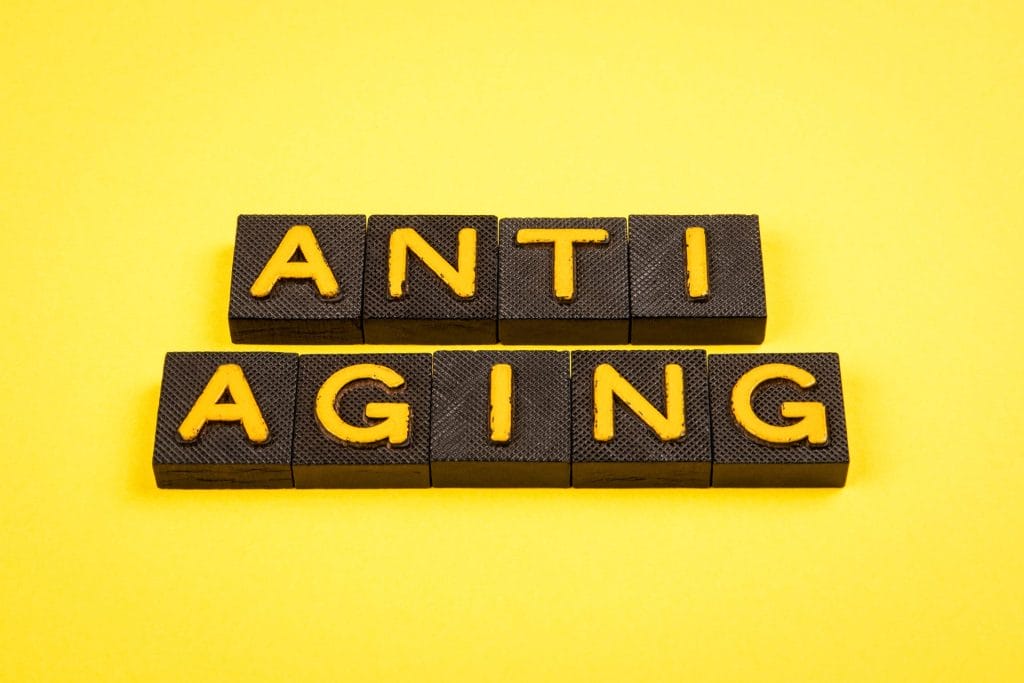
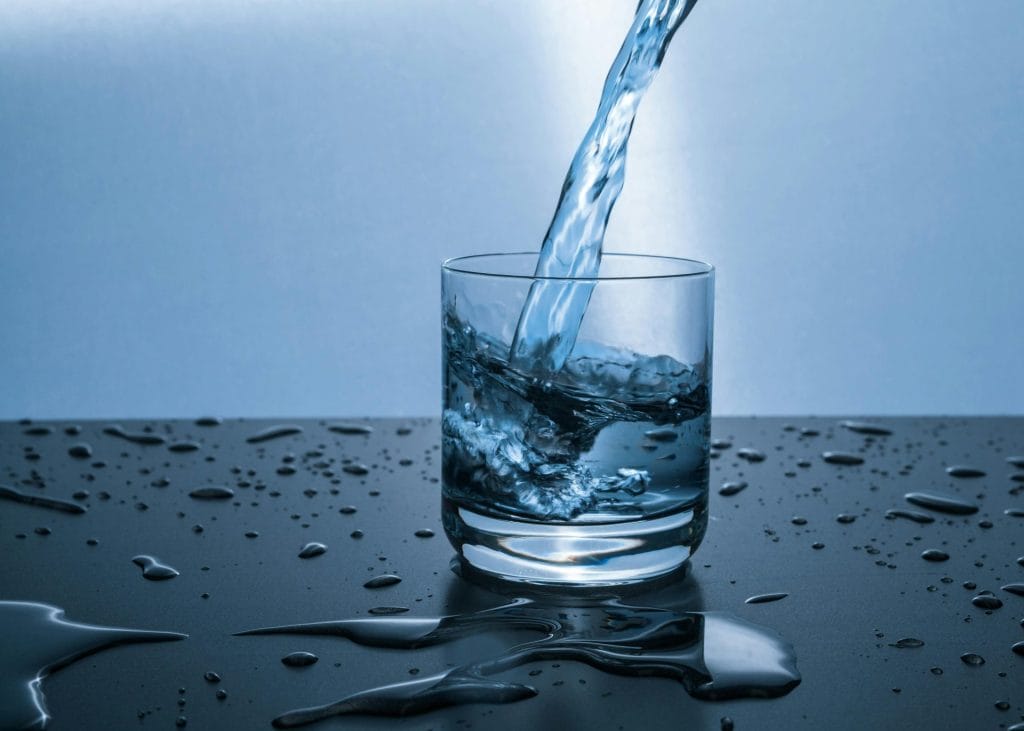
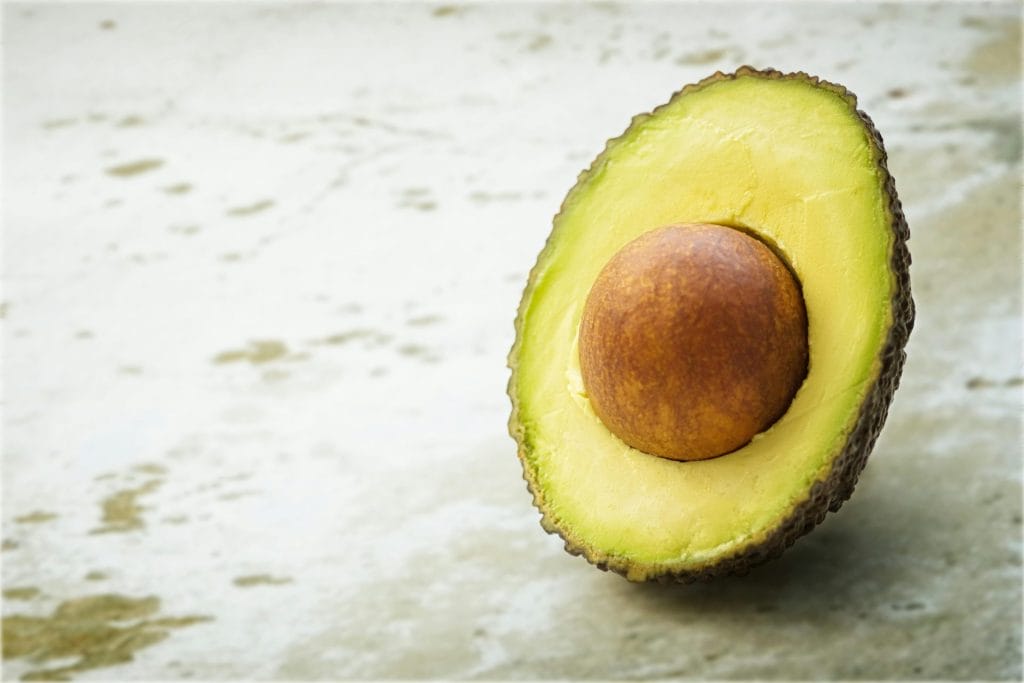
.png)
